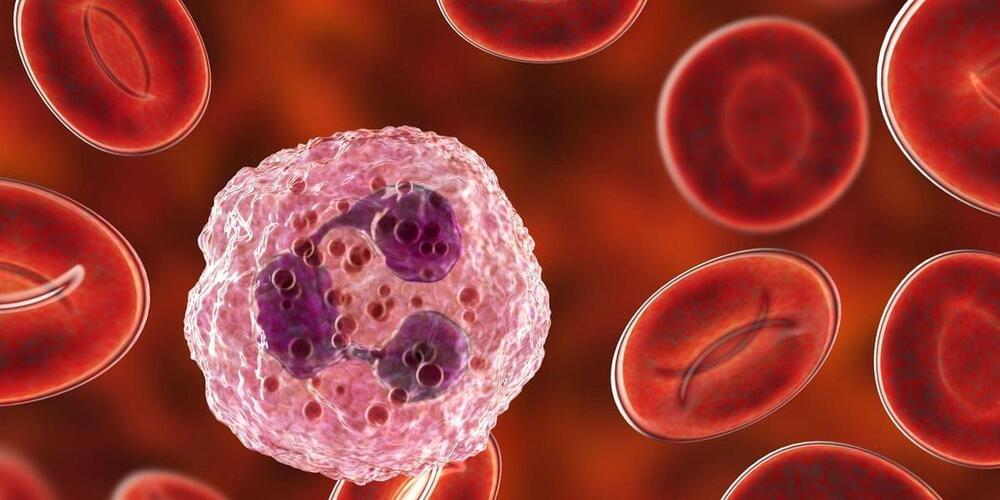As nanotechology burrows into an increasing number of medical technologies, new developments in nanoparticles point to the ways that treatments can today be nanotechnologically targeted. In one case, would-be end effectors on microrobots are aimed at clearing up cases of bacterial pneumonia. In another, a smart-targeting system may decrease clotting risks in dangerous cases of thrombosis.
Scientists from the University of California, San Diego, demonstrated antibiotic-filled nanoparticles that hitch a ride on microbots made of algae to deliver targeted therapeutics. Their paper was recently published in Nature Materials. As a proof of concept, the researchers administered antibiotic-laden microbots to mice infected with a potentially fatal variety of pneumonia (a strain that is common in human patients who are receiving mechanical ventilation in intensive-care settings). All infections in the treated mice cleared up within a week, while untreated mice died within three days.
The algae–nanoparticle hybrid microbots were effectively distributed to infected tissue through lung fluid and showed negligible toxicity. “Our goal is to do targeted drug delivery into more challenging parts of the body, like the lungs,” said bioengineering professor Liangfang Zhang in a press statement. “And we want to do it in a way that is safe, easy, biocompatible, and long lasting.”
